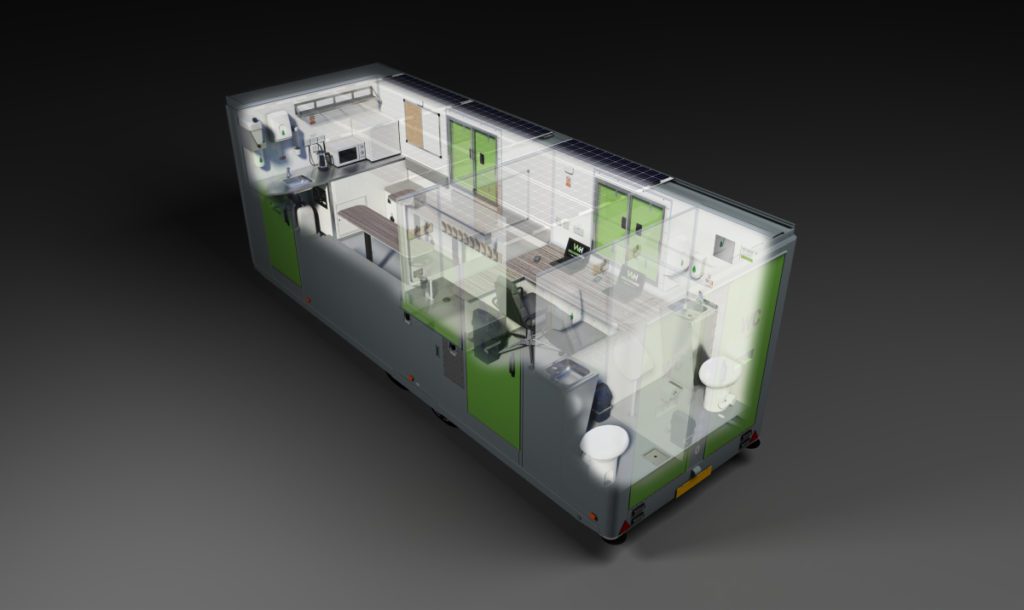It’s Time to Start Thinking About Changing Fuel Costs
Blog-March 25, 2022
If you haven’t been taking the upcoming changes to fuel costs seriously, you’re going to have to start soon.
As of 1 April 2022, red diesel will no longer be available at a rebated rate for many commercial applications – including a majority of users in the construction industry. This will cause prices to nearly double overnight, forcing businesses to dramatically rethink their fuel consumption.
Why are fuel costs going up?
Put simply, the fuel changes are a direct consequence of efforts to mitigate climate change. The UK government has set itself ambitious targets to reduce carbon emissions and improve air quality. And by taxing the use of red diesel, they hope to force businesses to switch to more environmentally friendly alternatives.
But there has been significant resistance to these changes. As energy prices continue to rise, many industry leaders have lobbied for the government to delay the removal of rebates for red diesel. Without these rebates, they say, many contractors will be unable to stay afloat.
However, these contractors overlook the possibility of not just reducing their reliance on red diesel – but actually reducing their overall fuel usage.
Getting to the heart of the problem
Sourcing alternatives to red diesel is important, but it is ultimately a band aid solution. Fuel prices are currently very unpredictable, and show little sign of becoming more stable. So the problem many construction contractors face is not just the cost of fuel – it is the amount of it their equipment requires.
The only viable long-term solution is therefore to upgrade to greener equipment, which uses fuel far more efficiently. How can this be done? Our range of ECO welfare units are a perfect example.
The ECO10 runs on hybrid power, enabling it to use 90% less fuel each day than a standard static unit. But that’s not all: it also features an XL Smart Water system, which reduces the frequency with which it needs to be refilled and serviced – and therefore helps reduce transport and the use of fuel further.
Overall, this will significantly reduce business’s reliance on fuel of any kind – as well as offering a range of other benefits, such as reduced noise and better onsite welfare.

Change the approach, not the source
As a business, we want to help our partners change how they think about problems. By simply replacing their existing welfare units with more technologically advanced ones, they can get to the heart of the problem.
So as competitors scramble to find more eco-friendly fuel sources, our partners are able to see a more direct and sustainable route to change – one that is both more eco-friendly and more financially viable.